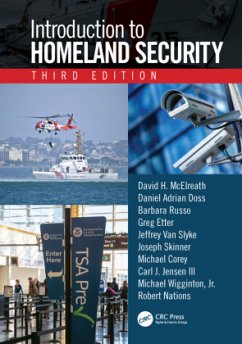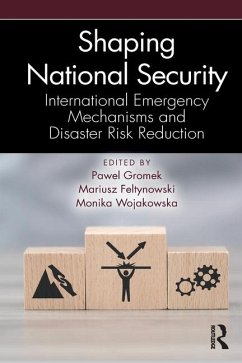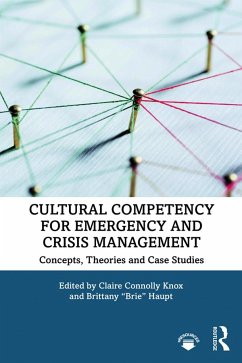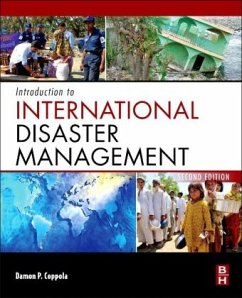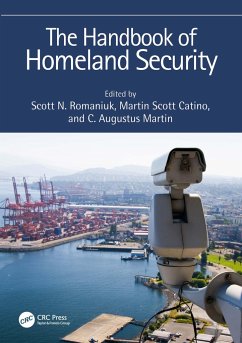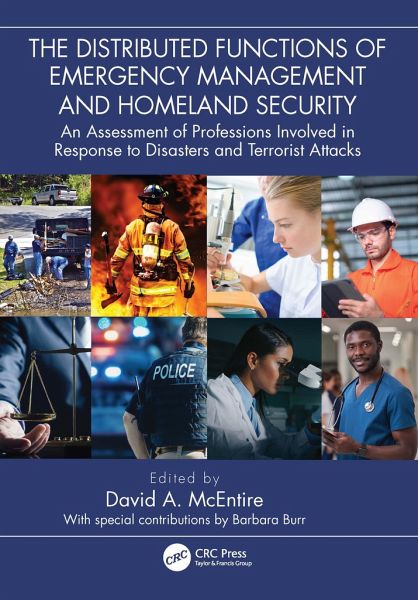
The Distributed Functions of Emergency Management and Homeland Security
An Assessment of Professions Involved in Response to Disasters and Terrorist Attacks
Herausgeber: Mcentire, David A.
Versandkostenfrei!
Versandfertig in 1-2 Wochen
95,99 €
inkl. MwSt.
Weitere Ausgaben:

PAYBACK Punkte
48 °P sammeln!
Outlines the roles and responsibilities of various individuals and agencies responsible for Homeland Security and emergency management preparedness and response. Chapters focus on the applied aspects of a range of public servants in various departments relative to an all-hazards, disaster and terrorist attack response and approach.






